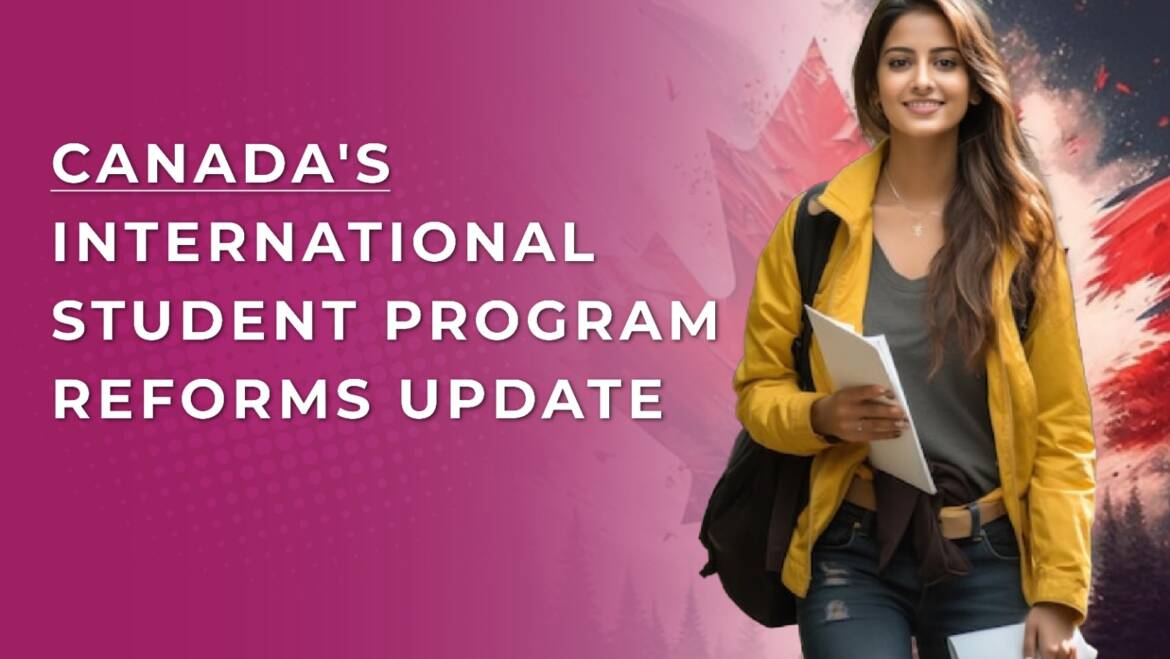Canada’s International Student Program Reforms Update
Introduction:
Canada recently reformed its International Student Program, effective January 22, 2024, aiming for sustainable growth and system integrity. Let’s explore these changes and their impact on international students.
Provincial Attestation Letter (PAL) Requirement within the International Student Program:
One significant change is the introduction of the Provincial Attestation Letter (PAL) requirement for most new post-secondary international students. This serves as evidence for provincial allocation under the national cap. Provinces must issue PALs by March 31, 2024. Certain categories like primary and secondary school students, master’s or doctoral degree students, and in-Canada permit holders are exempt.
Post-Graduation Work Permit (PGWP) Update for Master’s Degree Graduates within the International Student Program:
Recognizing master’s degree graduates’ potential contributions, the government extended the PGWP duration. Starting February 15, 2024, graduates from master’s degree programs lasting less than 2 years can apply for a 3-year post-graduation work permit, facilitating their pathway to permanent residence.
PGWP Eligibility for Public-Private Partnership College Programs within the International Student Program:
To address concerns about education quality in some public-private partnership college programs, the government restricted PGWP eligibility for new students in these programs. However, existing international students will maintain their PGWP eligibility if they meet other criteria.
Changes to Open Work Permit Eligibility for Spouses within the International Student Program:
Eligibility for open work permits for spouses and common-law partners of international students is changing. Going forward, only spouses and common-law partners of students in graduate and professional degree–granting programs will be eligible. This excludes spouses and partners of students in other levels of study unless they already hold an open work permit under this stream.
Conclusion:
In conclusion, these reforms aim to balance attracting international talent and ensuring sustainable growth. By implementing measures like the PAL requirement, extended PGWPs for master’s degree graduates, and refined open work permit eligibility, Canada aims to enhance the overall international student experience while aligning with long-term objectives. Stay updated on these changes to optimize your international study experience in Canada.


Add Comment